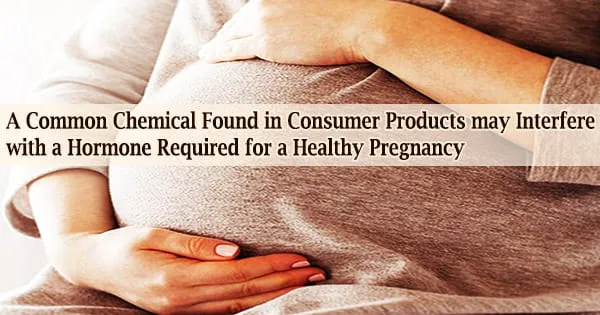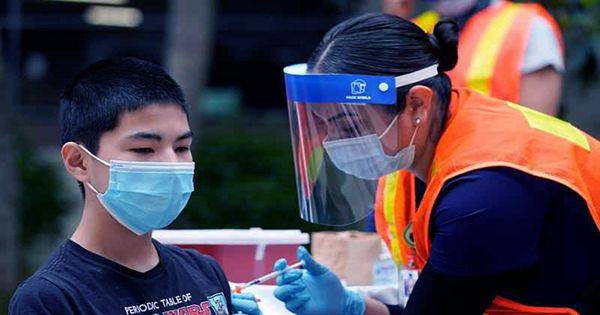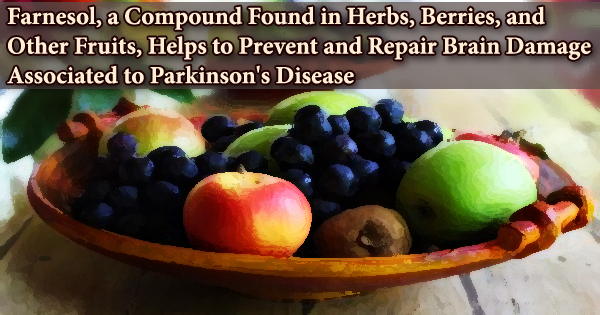According to a Rutgers study, exposure to phthalates, a group of chemicals found in everything from plastics to personal care products to electronics, can disrupt a key hormone needed to maintain a healthy pregnancy.
The study, published in Environment International, was one of the first to look into the effects of phthalates, which are added to plastics to make them more flexible, on the placental corticotropin releasing hormone (pCRH), which is produced by the placenta and grows throughout pregnancy.
The hormone is vital for boosting labor start, but when levels are high or rise rapidly early in pregnancy, it can lead to preterm birth, fetal growth issues, high blood pressure, diabetes, and postpartum depression.
Hormones are tiny molecules or peptides that operate as messengers between cells or groups of cells. Adrenal complex hormones, gonadal hormones, and gastrointestinal hormones are examples of hormones that are engaged in high-level activities of an organism such as growth, reproduction, and digesting. Hormones are classified as paracrine, endocrine, or autocrine.
“We are all exposed to phthalates in our environment through the products we use and the foods we eat,” says Emily S. Barrett, an associate professor at the Rutgers School of Public Health and member of the Environmental and Occupational Health Sciences Institute.
“Our findings show that these chemicals may alter the production of essential placental hormones, which has important implications for the course of pregnancy as well as subsequent child health and development.”
The researchers looked at data from 1,018 low-risk pregnant women who were carrying single fetuses at two different stages of pregnancy: mid- and late-term. The presence of certain phthalates was linked to increased pCRH hormone levels in mid-pregnancy, but decreased pCRH later in pregnancy, according to the researchers.
Associations between phthalates and pCRH among women with pregnancy complications grew stronger across the course of pregnancy. We know very little about how women with pregnancy complications are affected by environmental exposures. This study sets the stage for future research in that area.
Emily S. Barrett
These levels were highest in women who had pregnancy difficulties such as gestational diabetes and high blood pressure, implying that women who had issues are more prone to hormone disturbance.
This is one of the first and largest studies to look into how these substances and their link to pCRH affect the endocrine system’s function, which is especially delicate during pregnancy.
“Associations between phthalates and pCRH among women with pregnancy complications grew stronger across the course of pregnancy. We know very little about how women with pregnancy complications are affected by environmental exposures. This study sets the stage for future research in that area,” Barrett said.
The placenta’s pCRH has the same structure as the brain’s corticotropin-releasing hormone (CRH), which is released in response to stress.
According to a Rutgers study, exposure to phthalates, a group of chemicals found in everything from plastics to personal care products to electronics, can disrupt a key hormone needed to maintain a healthy pregnancy.
The study, published in Environment International, was one of the first to look into the effects of phthalates, which are added to plastics to make them more flexible, on the placental corticotropin releasing hormone (pCRH), which is produced by the placenta and grows throughout pregnancy.
The hormone is vital for boosting labor start, but when levels are high or rise rapidly early in pregnancy, it can lead to preterm birth, fetal growth issues, high blood pressure, diabetes, and postpartum depression.
Hormones are tiny molecules or peptides that operate as messengers between cells or groups of cells. Adrenal complex hormones, gonadal hormones, and gastrointestinal hormones are examples of hormones that are engaged in high-level activities of an organism such as growth, reproduction, and digesting. Hormones are classified as paracrine, endocrine, or autocrine.
“We are all exposed to phthalates in our environment through the products we use and the foods we eat,” says Emily S. Barrett, an associate professor at the Rutgers School of Public Health and member of the Environmental and Occupational Health Sciences Institute.
“Our findings show that these chemicals may alter the production of essential placental hormones, which has important implications for the course of pregnancy as well as subsequent child health and development.”
The researchers looked at data from 1,018 low-risk pregnant women who were carrying single fetuses at two different stages of pregnancy: mid- and late-term. The presence of certain phthalates was linked to increased pCRH hormone levels in mid-pregnancy, but decreased pCRH later in pregnancy, according to the researchers.
These levels were highest in women who had pregnancy difficulties such as gestational diabetes and high blood pressure, implying that women who had issues are more prone to hormone disturbance.
This is one of the first and largest studies to look into how these substances and their link to pCRH affect the endocrine system’s function, which is especially delicate during pregnancy. Following a nutritious diet and obtaining regular exercise are essential for a healthy pregnancy.
A nutritious diet is crucial at any time, but it’s especially critical if you’re pregnant or planning to become pregnant. Rather than eliminating all of your favorite meals, eating healthily frequently entails simply modifying the quantities of different items you eat to keep your diet diverse. If you eat a healthy breakfast every day, it will be simpler to avoid snacking on high-fat, high-sugar meals.
“Associations between phthalates and pCRH among women with pregnancy complications grew stronger across the course of pregnancy. We know very little about how women with pregnancy complications are affected by environmental exposures. This study sets the stage for future research in that area,” Barrett said.
Regular moderate physical activity throughout pregnancy provides health benefits and aids in the preparation of the body for birthing. Learn more about taking prescription and over-the-counter medications, as well as herbal supplements and vitamins, while pregnant.
The placenta’s pCRH has the same structure as the brain’s corticotropin-releasing hormone (CRH), which is released in response to stress.
While this study found no evidence that women who had experienced childhood traumas were more vulnerable to the hormone-disrupting effects of phthalates, previous research has found that pCRH levels are higher in women who have experienced childhood trauma, suggesting that traumatic events may have an impact on pregnancy decades later.
















